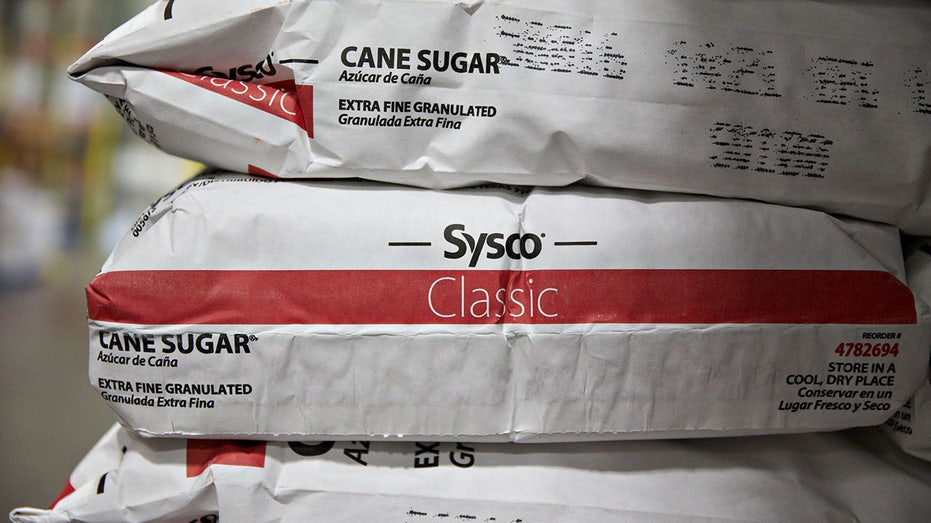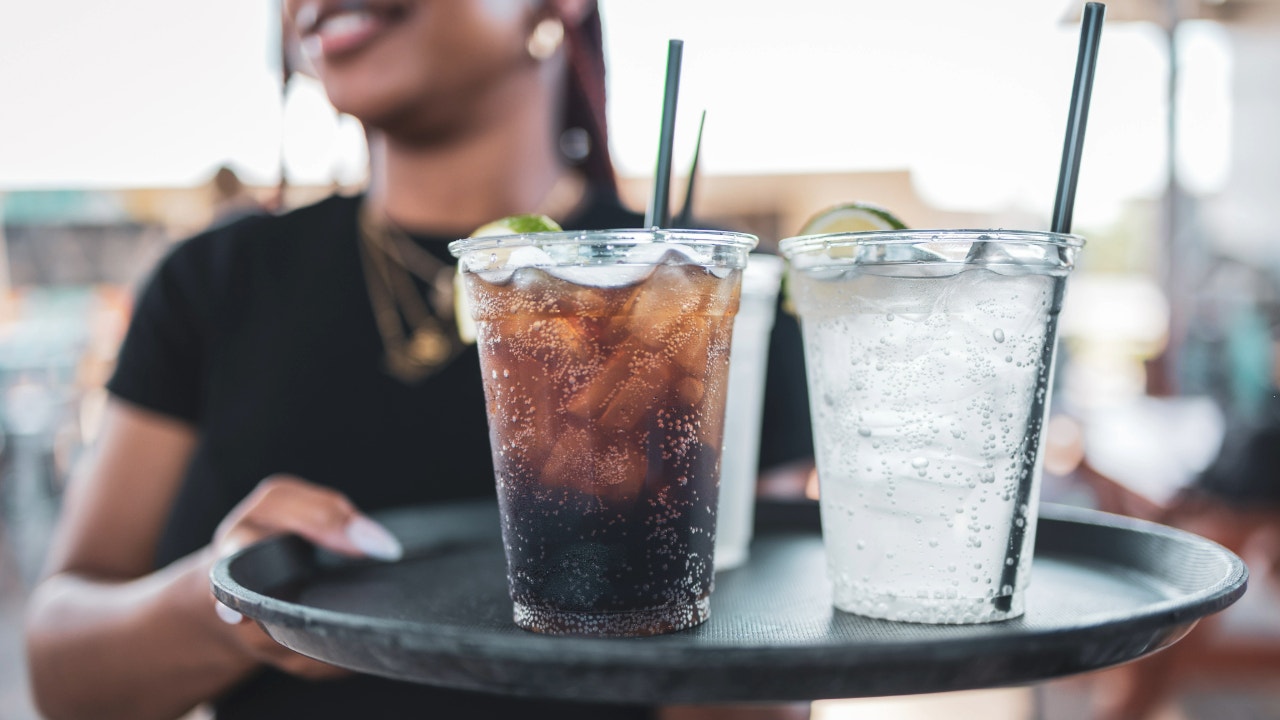Replacing high-fructose corn syrup with cane sugar could come at a cost, according to industry experts.
Bulk high-fructose corn syrup cost about $0.35 per pound for 2025, only rising from $0.27 in 2015, and remaining fairly close to this price in the past few years, according to data from the U.S. Department of Agriculture (USDA). In comparison, the price of refined white sugar is $1.01, which is up substantially from $0.61 in 2015.
On Wednesday, President Donald Trump relayed that Coca-Cola agreed to use “real” cane sugar in Coke sold in the United States.
“I have been speaking to Coca-Cola about using REAL Cane Sugar in Coke in the United States, and they have agreed to do so,” Trump wrote on Truth Social. “I’d like to thank all of those in authority at Coca-Cola. This will be a very good move by them — You’ll see. It’s just better!”
Coca-Cola has not confirmed whether it is making this switch. FOX Business reached out to Coca-Cola for comment.
In the 1980s, the beverage giant swapped cane sugar, which came with high tariffs, for high-fructose corn syrup. High-fructose corn syrup was the cheaper alternative due to corn farming subsidies.
Despite such praise, experts say there are financial consequences of the switch to cane sugar for the consumer as well as farmers.
TRUMP SUCCESSFULLY CONVINCES COCA-COLA TO BRING BACK ‘REAL’ CANE SUGAR IN US DRINKS: ‘IT’S JUST BETTER!’
The main issue, according to Bryan Le, a food scientist and principal food consultant at Mendocino Food Consulting, is that there is significantly more corn available in the U.S. compared to cane sugar.
Corn represents the No. 1 crop produced in the U.S., with the vast majority of states producing it. This means it the 850 billion pounds of corn produced each year can easily and cheaply be converted to corn syrup, Le said.
Meanwhile, three states – Texas, Florida and Louisiana – produce 8 billion pounds of cane sugar each year. The remaining sources of cane sugar are from Mexico, which is facing tariffs.
GENERAL MILLS LATEST US FOOD GIANT PULLING ARTIFICIAL DYES FROM PRODUCTS
Another issue that drives up the cost of cane sugar is that the ingredient “requires more extensive processing and energy to crystallize, filter and transform it into a white product,” according to Le.
“It is much less complex of a process to produce high-fructose corn syrup from many of the possible low-cost inputs available from the corn industry,” he added.

Meanwhile, the Corn Refiners Association (CRA), argued that there would be severe economic implications if the industry eliminated high-fructose corn syrup, which the group says has been “a foundational ingredient in the U.S. food supply for nearly half a century.”
The association said that if high-fructose corn syrup was completely eliminated it would slash corn prices by up to $0.34 per bushel, wiping out $5.1 billion in revenue to farms.
“The resulting economic shockwave would lead to rural job losses and significant economic consequences to communities across the country,” the association wrote in a July report.
The corn refining demand loss from HFCS, glucose, dextrose and starch could result in short-term losses of $13.9 billion, with losses eventually reaching between $5.2 billion and $7.5 billion annually, according to the group, which highlighted that this would hurt local economies, “especially in regions anchored by corn refineries, where farmers stand to lose $0.25 to $0.50 per bushel in price premiums alone.”
While it remains to be seen what Coca-Cola will do, Arun Sundaram, senior equity analyst at CFRA Research, told FOX Business that it’s more likely that the company would launch a new product line featuring cane sugar in place of corn syrup, rather than pulling its core lineup, which uses corn syrup, from shelves.
“A cane sugar variant would likely carry a premium price, given the higher cost of natural ingredients. Matching current price points would require a significant increase in U.S. production or imports of cane sugar, a scenario that seems unlikely in the near term, especially with existing tariffs on key exporters like Brazil,” he said.
